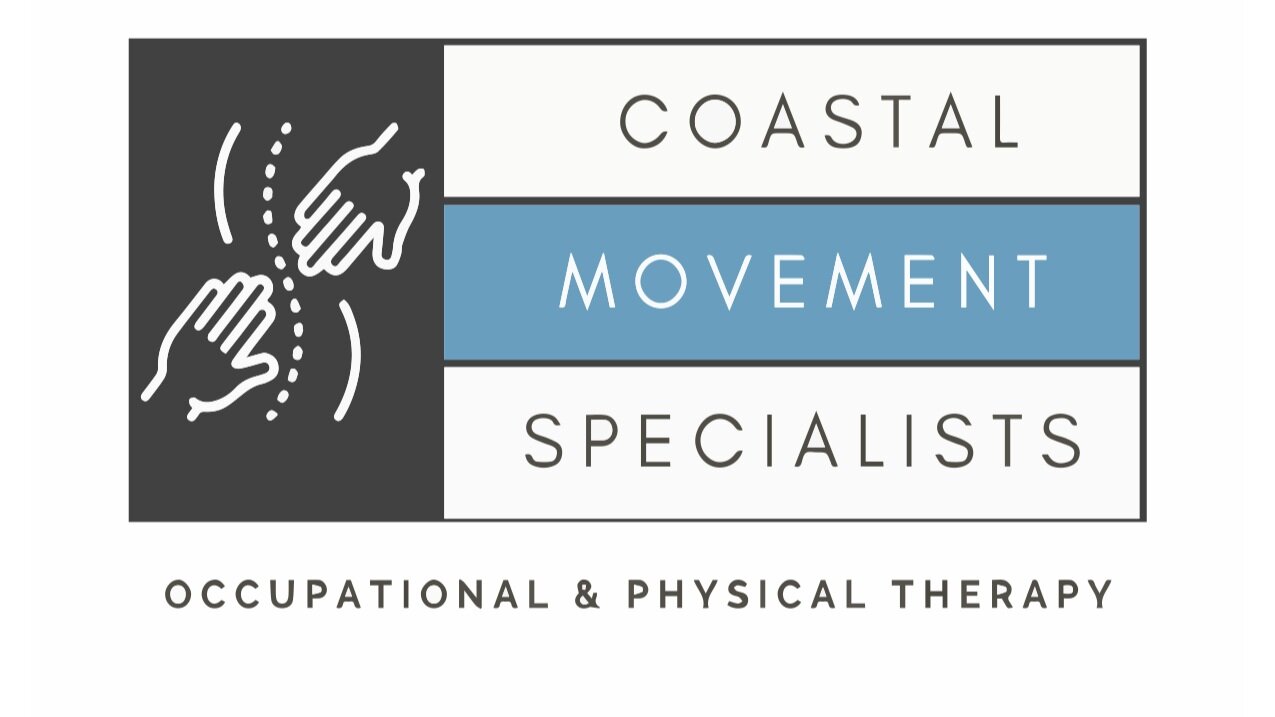Muscular Dystrophy Physical Therapy Charleston, SC
Although no cure exists for muscular dystrophy, treatments like physical therapy can help manage the condition and slow the disease’s progression. The trained therapists at Coastal Movement Specialists are passionate about helping our clients with muscular dystrophy live fulfilling and happy lives. Learn more below and contact us today to schedule an appointment in our Johns Island, SC office.
+ What Is Muscular Dystrophy?
Muscular dystrophy is not a single medical condition, but it includes more than thirty diseases that result in long-lasting loss of muscle mass and mobility. As the muscles progressively weaken, normal daily activities become more challenging. It can run in families, but you may also be the first one in your family to experience the gene mutation that causes muscular dystrophy.
+ Symptoms
Several symptoms can accompany the main symptom of muscular dystrophy, muscular weakness. Each type of muscular dystrophy can cause different symptoms depending on your age. These symptoms include:
- Problems with walking, running, and jumping
- A waddling gait when walking
- Larger than normal calf muscles
- Recurrent falling
- Struggles with rising from seated or lying position
- Labored breathing and swallowing
- Loss of joint mobility
+ Causes
Most kinds of muscular dystrophy result from changes or mutations in your genes. You can inherit this defective gene from one or both of your parents, even if neither parent has muscular dystrophy. The genetic mutation occurs in the genes responsible for developing and protecting your muscle fibers for healthy muscle function. In a few types of muscular dystrophy, this gene mutation occurs spontaneously instead of being inherited.
+ Risk Factors
Muscular dystrophy can affect people of all age, race, and gender. However, a family history of the condition increases your risk of developing the disease. For example, Duchenne, the most common type of muscular dystrophy, often occurs in young boys who inherit the genetic mutation on an X chromosome from their mothers.
+ Potential Complications
Muscular dystrophy progressively weakens muscles and affects the heart and lungs to cause complications, such as:
- Heart arrhythmias and failure
- Pneumonia and other respiratory infections
- Difficulty breathing
- Inability to walk without an aid
- Nutritional deficiencies due to troubles with swallowing
- Spine curvatures such as scoliosis
- Choking and aspiration pneumonia
- Pregnancy complications such as miscarriages, premature labor, and low birth rate
+ How Is It Diagnosed?
Diagnosis of muscular dystrophy includes a complete medical history and physical exam. Your health care provider may order one or more diagnostic tests, including:
- Genetic tests
- Heart tests
- Lung tests
- Electromyography to assess for muscle abnormalities
- Blood tests for elevated levels of specific enzymes and proteins
- Muscle biopsy
+ How Can Physical Therapy Help?
Physical therapy plays a crucial role in managing muscular dystrophy, and beginning therapy early can lead to more successful results. Our trained occupational and physical therapists can help manage various complications such as muscle weakness and contractures. We create a custom treatment plan for your unique needs that may include one or more of the following:
- Stretching exercises
- Strength training
- Breathing exercises
- Gait analysis and improvement
- Therapeutic exercises
- Functional training
- Pain management
Schedule an Appointment
Located on Johns Island, SC, Coastal Movement Specialists serves the entire Charleston area. Contact us today to schedule an appointment with our experienced therapists and learn how we can help you live a fulfilling life with muscular dystrophy.
